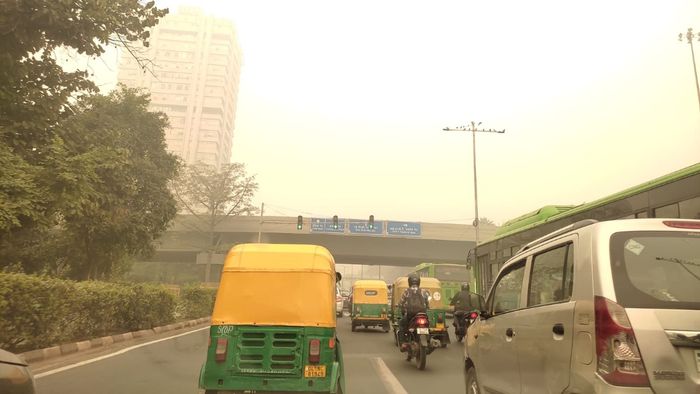India's air quality improvement adds 51 days to life expectancy: Report
India's air quality has significantly improved, adding 51 days to the average life expectancy of its citizens, according to a new report. The study highlights a 19.3% reduction in particulate pollution in 2022 compared to the previous year.

- Aug 28, 2024,
- Updated Aug 28, 2024, 11:45 AM IST
A significant reduction in India's air pollution levels has added an average of 51 days to the life expectancy of every citizen, according to a new report by the Energy Policy Institute at the University of Chicago (EPIC).
The "Air Quality Life Index" 2024 report reveals that India recorded a 19.3% decrease in particulate pollution in 2022 compared to 2021, marking the second-highest reduction globally after Bangladesh.
Researchers attribute this decline primarily to favourable weather conditions and fewer thermal inversions. PM2.5 concentrations in India dropped to around 9 micrograms per cubic metre in 2022, a substantial improvement from the previous year.
The most dramatic improvements were observed in specific districts of West Bengal and Jharkhand, where PM2.5 concentrations plummeted by over 20 micrograms per cubic metre.
Despite these positive developments, the report cautions that Indians could still lose 3.6 years of life expectancy if the country fails to meet the World Health Organisation's annual PM2.5 concentration standard of 5 micrograms per cubic metre.
Avinash Chanchal, Campaign Manager at Greenpeace India, emphasised the significance of these findings: "The report clearly shows that even a modest reduction in air pollution levels could lead to increased life expectancy. Air pollution, even at low levels, significantly shortens lives and poses serious public health risks."
The study also highlighted the impact of India's National Clean Air Programme (NCAP), noting that districts covered by this initiative saw a 19% average decline in PM2.5 concentrations, compared to a 16% decline in non-NCAP districts.
Launched in 2019, the NCAP aims to reduce particulate pollution by 40% by 2026, using 2019-20 as the base year. The program currently covers 131 cities that have consistently failed to meet national air quality standards.
"As of 2022, pollution in districts with non-attainment cities has declined by 18.8 per cent relative to 2017, adding 10.8 months to the life expectancy of 446.7 million residents of these districts and four months to India's national average life expectancy," the report states.
The EPIC team also praised innovative policies like Gujarat's market for particulate pollution, which has reduced pollution by 20-30% in Surat and is expanding to other cities and states.
While these improvements are significant, the report stresses that over 40% of India's population still breathes air that exceeds the national annual PM2.5 standard of 40 micrograms per cubic metre.